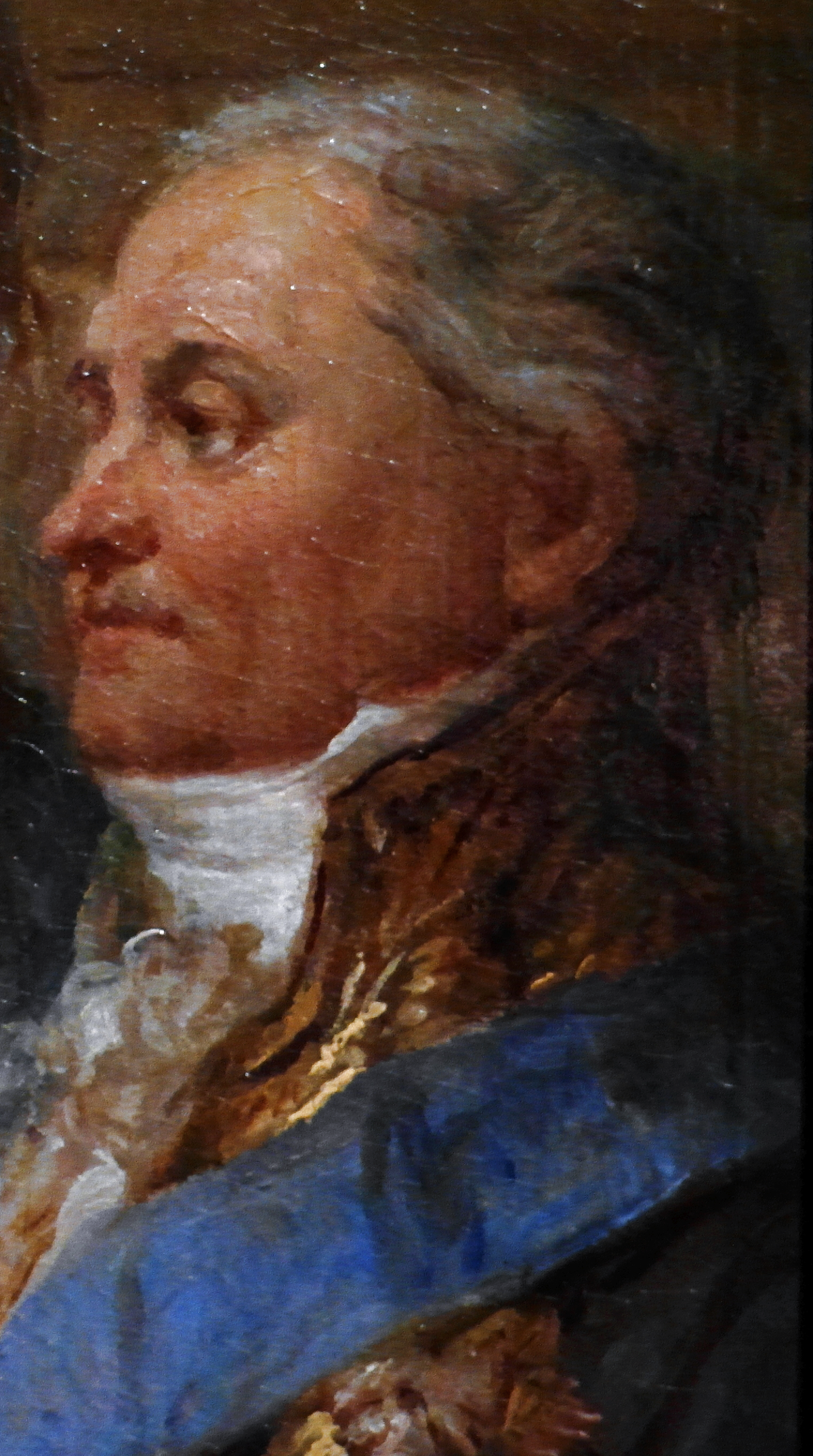He was born on 29 September 1747 in Będomin in Kashubia. He received his education at the JesuitCollege in Stare Szkoty near Gdańsk, and practiced the legal profession as a junior court official – from local municipal courts to the Crown Tribunal in Poznań. In 1767, he was elected a deputy to the Delegated Sejm (or Repnin Sejm), where he made a name for himself for his daring opposition to the Russian ambassador N.W. Repnin, who intended to grant equal rights to non-Uniate Orthodox churches and to dissidents, and adopt the Cardinal Laws (Wybicki threatened him with a sabre). However, Wybicki’s veto was rejected, and he himself was forced to leave Warsaw after the Sejm ended. He joined the anti-Russian Bar Confederation, on behalf of which he carried out foreign missions; he also tried to persuade Gdańsk to provide support to the Bar Confederates. Shortly after the defeat of the Confederation at the Battle of Kcynia, he went to the Netherlands, where he studied at the Faculty of Law in Leiden (1770-1771). After returning to Poland, he was sent – having the rank of a colonel – on a diplomatic mission to Vienna. After the First Partition of Poland, he established ties with the Royal Faction, becoming one of the most active members of the reform movement; in 1776-1780, he was the secretary of the committee preparing the draft of the Zamość Code, in 1778, acting on behalf of the National Education Commission, he was in charge of the reform of Vilnius University, and was a participant of Thursday dinners – famous meetings of political and artistic elites hosted by king Stanisław August Poniatowski. Deputy to the 1784 Sejm and the Four-Year Sejm. He took part in the Kościuszko Uprising. After the defeat of the Uprising, he settled in Paris, where he joined the Agency, a group of refugees with moderate, mostly pro-Prussian orientation. Then he moved to Italy, where, together with Jan Henryk Dąbrowski, he became a leading organiser of the Legions, for which he wrote Pieśń Legionów polskich we Włoszech (Song of the Polish Legions in Italy) (1797) – currently the Polish national anthem. In the years 1802-1806, he stayed in Wrocław, from where – summoned by the Napoleon – he went to Berlin. He was instrumental in the creation of the Duchy of Warsaw, being a member of the interim Governing Commission. After Napoleon was defeated, he joined the pro-Russian camp, which allowed him to hold high-ranking positions in courts of the Kingdom of Poland (he was the president of the Supreme Court in 1817-1820), which he combined with his activity as a publicist; at that time, he created a concept of the political system based on English parliamentarism. He died on 10 March 1822 in Manieczki, near Schrimm. Major publications: Myśli polityczne o wolności cywilnej (Political Thoughts on Civil Liberty) (1775-6), Listy patriotyczne (Patriotic Letters) (1777-8), Moje godziny szczęśliwe (My Hours of Happiness) (1803, 1806), Rozmowy i podróże ojca z dwoma synami (Conversations and Travels of a Son and Two Sons) (1804); his memoirs were published posthumously in the book Życie moje (My Life) (1840); collection of theatre texts Utwory dramatyczne (Dramatic Works) (1963), which includes: Kulig (Sleigh Ride) (1783), Zygmunt August (Sigismund Augustus) (1783), Szlachcic mieszczaninem (The Gentleman Turned Citizen) (1791); his poems were collected in Wiersze i arietki (Poems and Ariettes) (1973).

